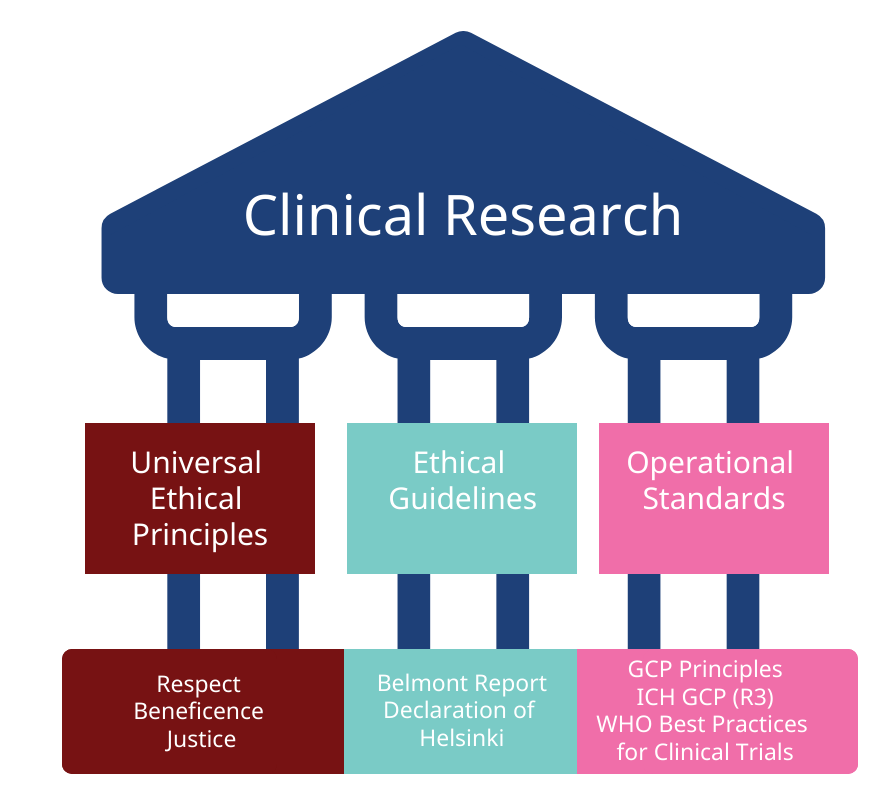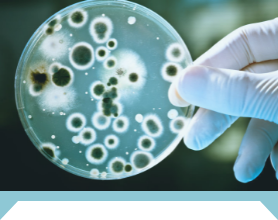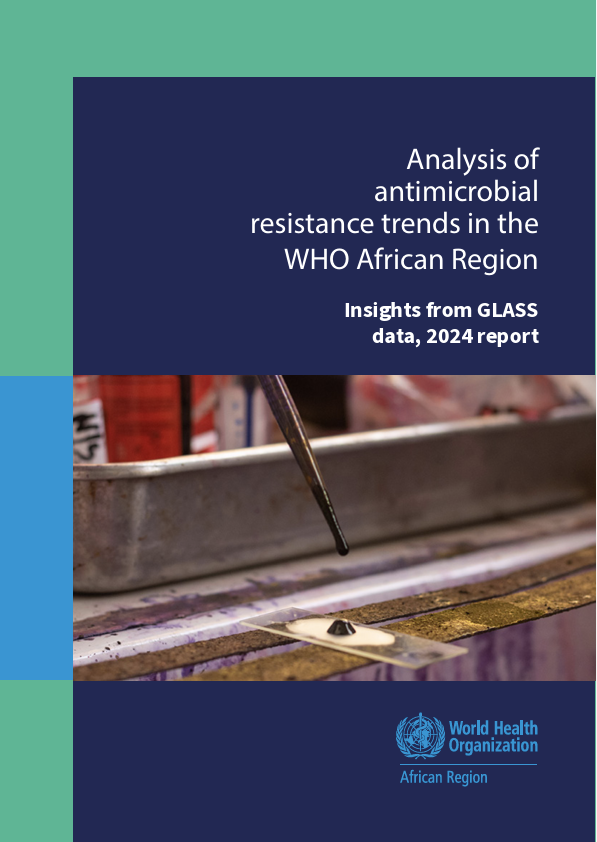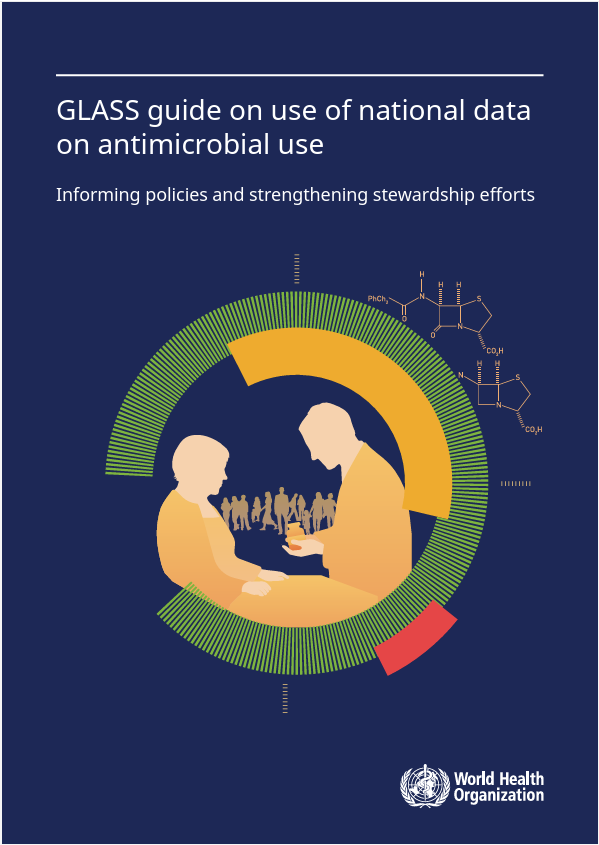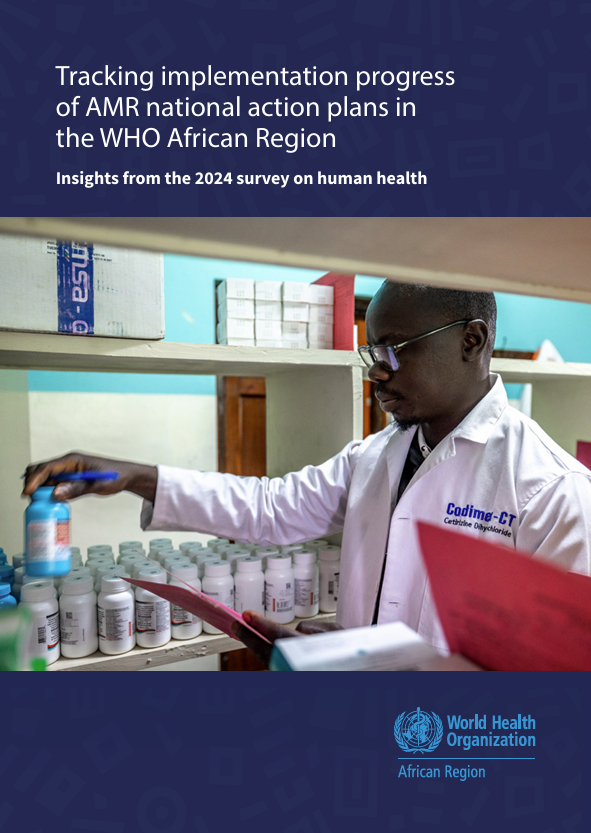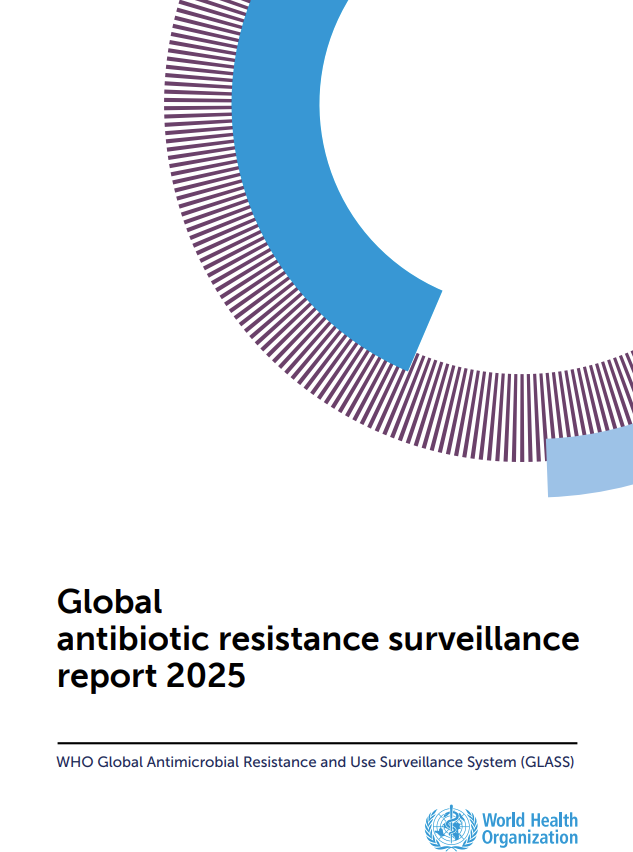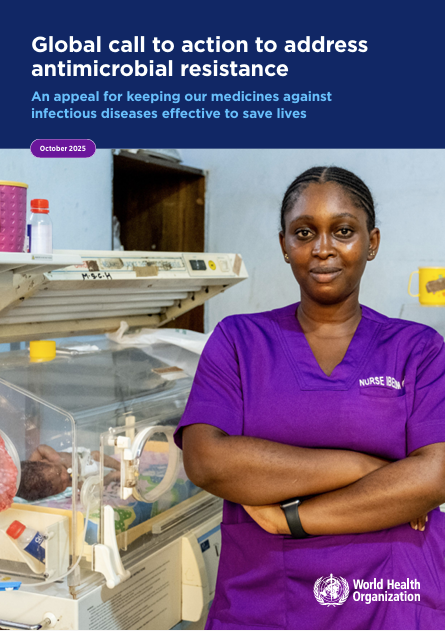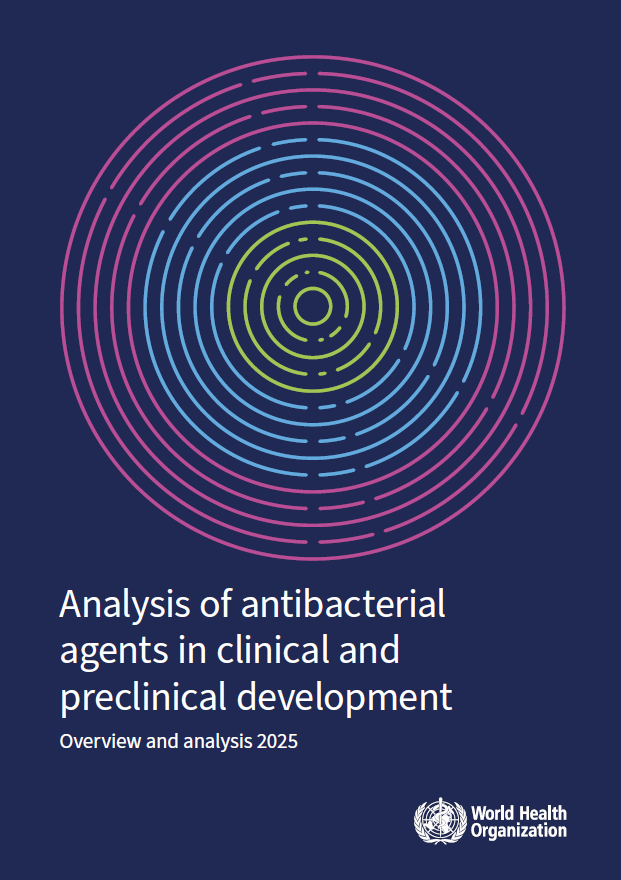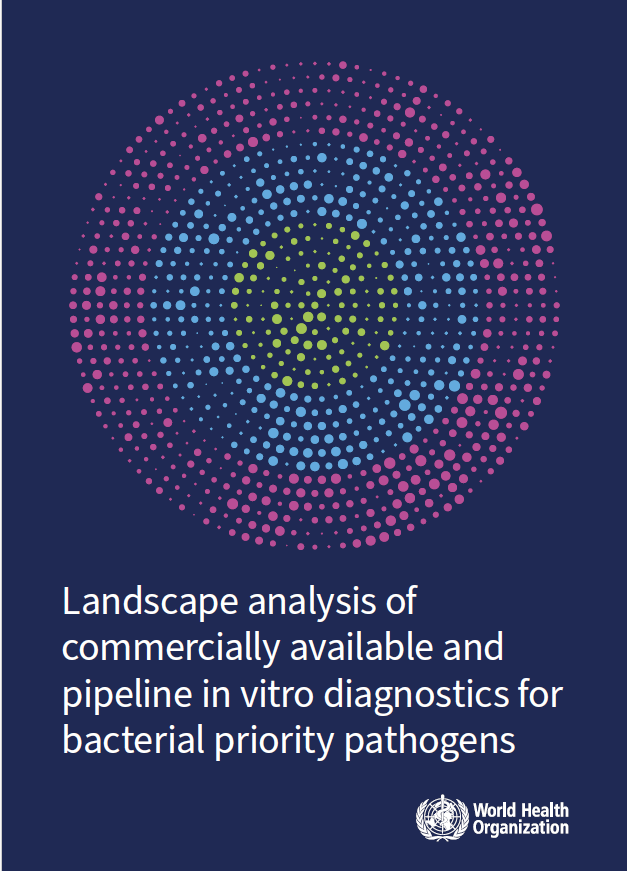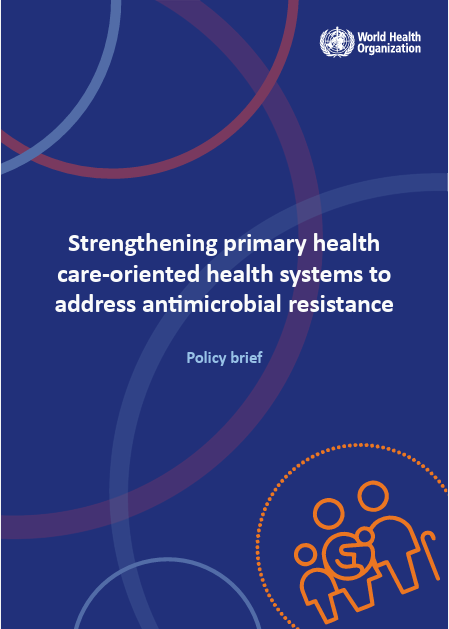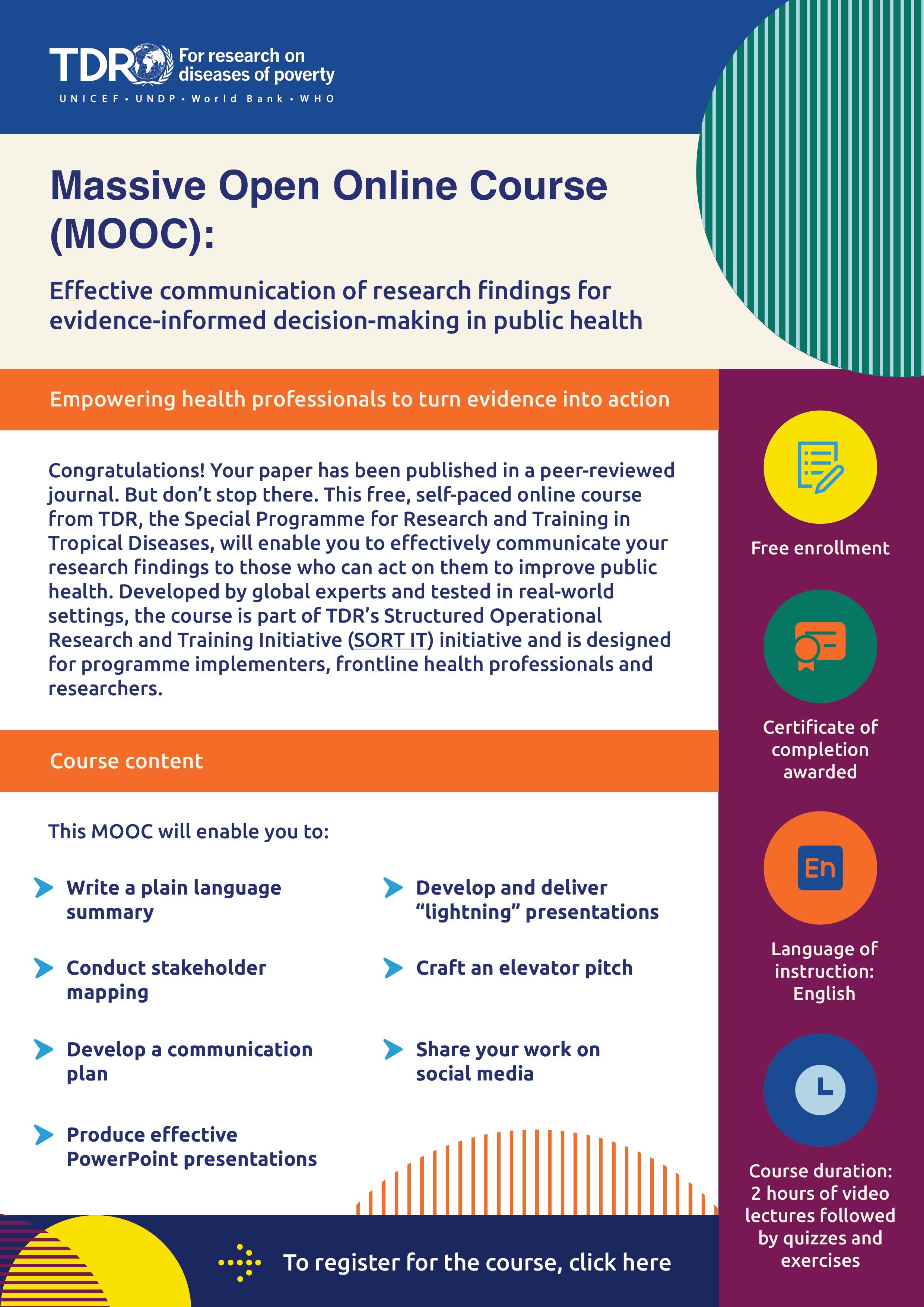Home
The Antimicrobial Resistance Knowledge Hub supports stronger coordination, knowledge sharing, and faster progress in AMR research across the Globe.
This is an open and free resource for a global community of practice (CoP) for all researchers, healthcare, and laboratory teams in all organizations working in AMR research. The AMR knowledge hub serves as a one-stop-shop for all things AMR research providing resources and information to support researchers and practitioners globally.
|
|
The "Hot Off the Press" section highlights the most recent developments, studies, and initiatives surrounding AMR. As the pace of discovery accelerates, the commitment remains to provide real-time access to the most relevant and up-to-date information.
Analysis of antimicrobial resistance trends in the WHO African Region: Insights from GLASS data, 2024 report
This report supports the implementation of global and regional AMR strategies by analysing trends in antimicrobial resistance in the WHO African Region using standardised GLASS data from 2020–2022.
GLASS guide on use of national data on antimicrobial use: Informing policies and strengthening stewardship efforts
This guide reflects the ongoing commitment of the World Health Organization (WHO) to support countries in strengthening surveillance of antimicrobial use (AMU) and using the data to inform national policies for antimicrobial stewardship (AMS).
Analysis of antibacterial agents in clinical and preclinical development: overview and analysis 2025
This report reviews antibacterial agents in clinical and preclinical development worldwide, including new chemical entities, traditional and non-traditional antibiotics, and new biological agents not yet approved for human use.
Landscape analysis of commercially available and pipeline in vitro diagnostics for bacterial priority pathogens
This report updates the 2019 WHO landscape analysis of commercially available and pipeline in vitro diagnostics for bacterial priority pathogens. It examines changes in diagnostic needs over the past five years, considering the recent update of the WHO Bacterial Priority Pathogen List (BPPL).
Strengthening primary health care-oriented health systems to address antimicrobial resistance
This policy brief describes 8 priority antimicrobial resistance (AMR) interventions for mainstreaming AMR into PHC-oriented health systems and includes an AMR and PHC country scoping tool and stakeholder consideration list.
One Health Horizon Scanning surveyThe Juno Evidence Alliance, in collaboration with Oxford Systematic Reviews (OXSREV), conducted an online survey between November and December 2024. There was a really good response to the survey from participants around the world and from different areas of work relating to One Health. The questions submitted to the survey – reflecting views on what is high priority for research – were organized and discussed in four workshops taking place from January to March 2025, and then prioritised in a second survey which ran until 28th April 2025. The results of these engagements are now being analysed and results will be shared in different ways in due course. |
Support the community
Thank you for visiting The Global Health Network, please take a moment to read this important message. As you know, our aim is to enable equity in access to research knowledge and this is successfully delivering support and training to 1000’s of research teams all over the world. But we need your support!. If you have benefited from this research skills and knowledge sharing facility, please help us sustain this remarkable and unique provision of information for those who could otherwise not access such support and training. We would be really grateful if you could make a donation or ask your employer or organisation to contribute to the costs of maintaining this platform and the generation of new contents for all users. Just a small contribution from everyone who can afford to pay would keep this available for those who cannot. Thank you, we really appreciate your part in this community effort to better equity in global health research.

